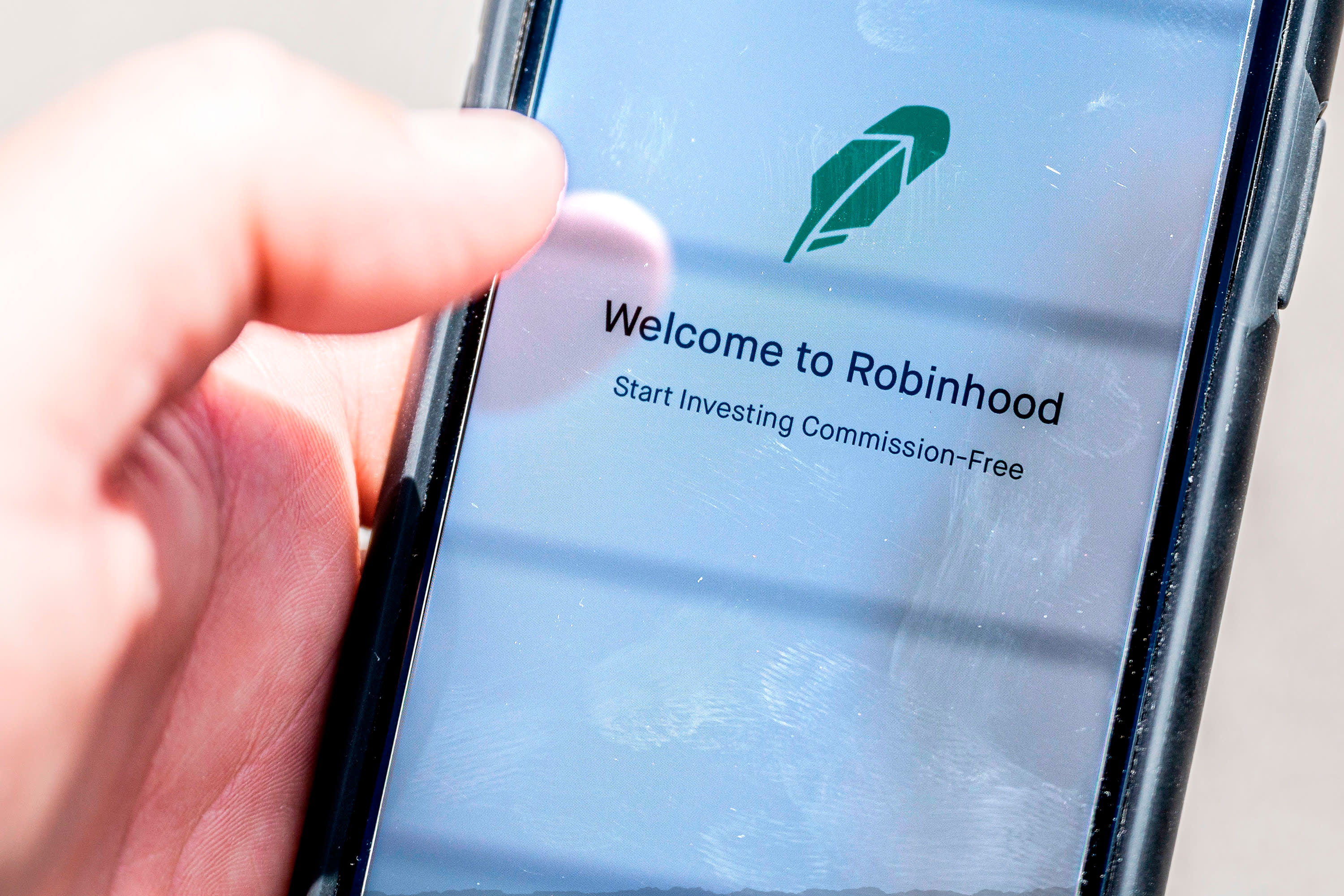Robinhood investors helped stabilize the market during March sell-off, co-CEO says

In recent months, young retail investors have caught a lot of flak from Wall Street professionals and the investment community.
Calling into question their stock acumen, money managers have blamed amateurs, who are taking advantage of commission-free trades with the tap of the finger, for driving some U.S. stocks to “nightmare” valuations amid a pandemic that plunged global markets and world economies into recession.
Research shows, however, that the new entrants to the market have actually played a key part in the quick recovery, according to Vlad Tenev, co-CEO of stock trading app Robinhood.
“While people equate being young with day trading, our data doesn’t show that,” said Tenev, a co-founder of the app that’s a preferred choice among younger investors. “What’s been really interesting is … Robinhood investors acted as a market-stabilizing force during the volatility and the crash in March.”
The Dow Jones and S&P 500 indexes closed out their worst first-quarter performances in history after stocks collapsed at the onset of the coronavirus pandemic. Over nearly five weeks between February and March, the S&P 500 plummeted more than 35% from peak to trough as the longest bull market on record slipped quickly into a bear market.
The market has spent the rest of the year recovering, and retail investors have played a key part in the rebound, said Tenev, citing a white paper from the National Bureau of Economic Research. In a report published in September, the nonprofit concluded that investors on Robinhood “did not panic or experience margin calls” during the market meltdown and “collectively acted as a (small) market-stabilizing force.”
Still, the report did not spare the market participants of criticism for their stock picks.
“I think we’re very much in unprecedented times the way that the market has recovered so quickly from the sharp drop in March very different than 2008 or any time that I’ve seen in history that this has happened,” Tenev said.
The National Bureau of Economic Research report said there was reason to “poke fun” at Robinhood users for piling into stocks like Ford and Facebook, along with discounted stocks of companies in vulnerable industries like travel and entertainment.
Those investors can take on more risk and carry a long-term outlook, Tenev explained. Robinhood boasts having more than 13 million people using its services, and half of them are first-time investors.
“People who are investing for the first time in their 20s or 30s have a very different outlook than people that are maybe a handful of years away from retirement,” said Tenev, explaining that users are buying “great American companies at relatively low multiples.”
“When you’re younger you know that there are decades of compound returns and decades of riding out the ups and downs of the market,” he said.




